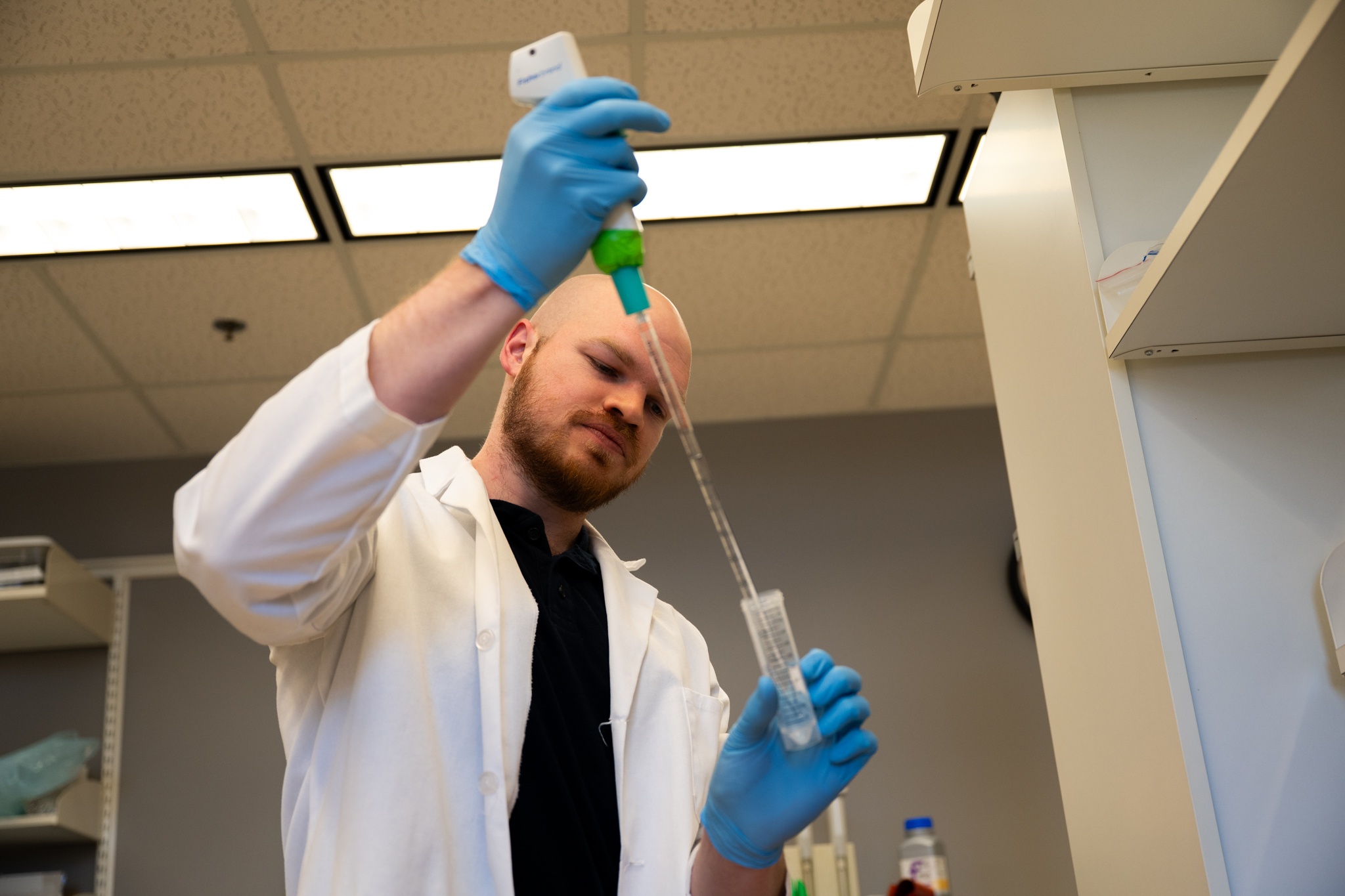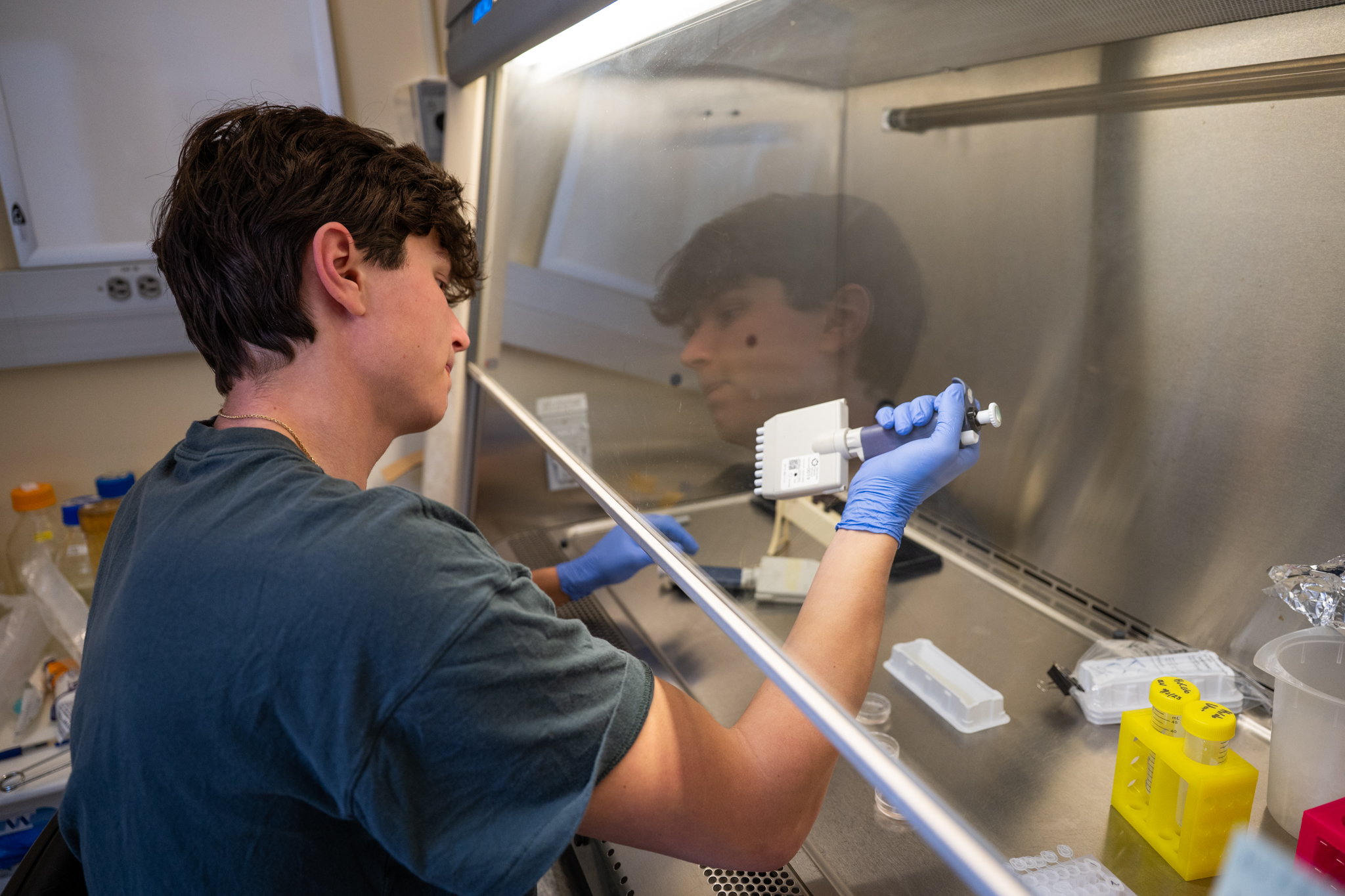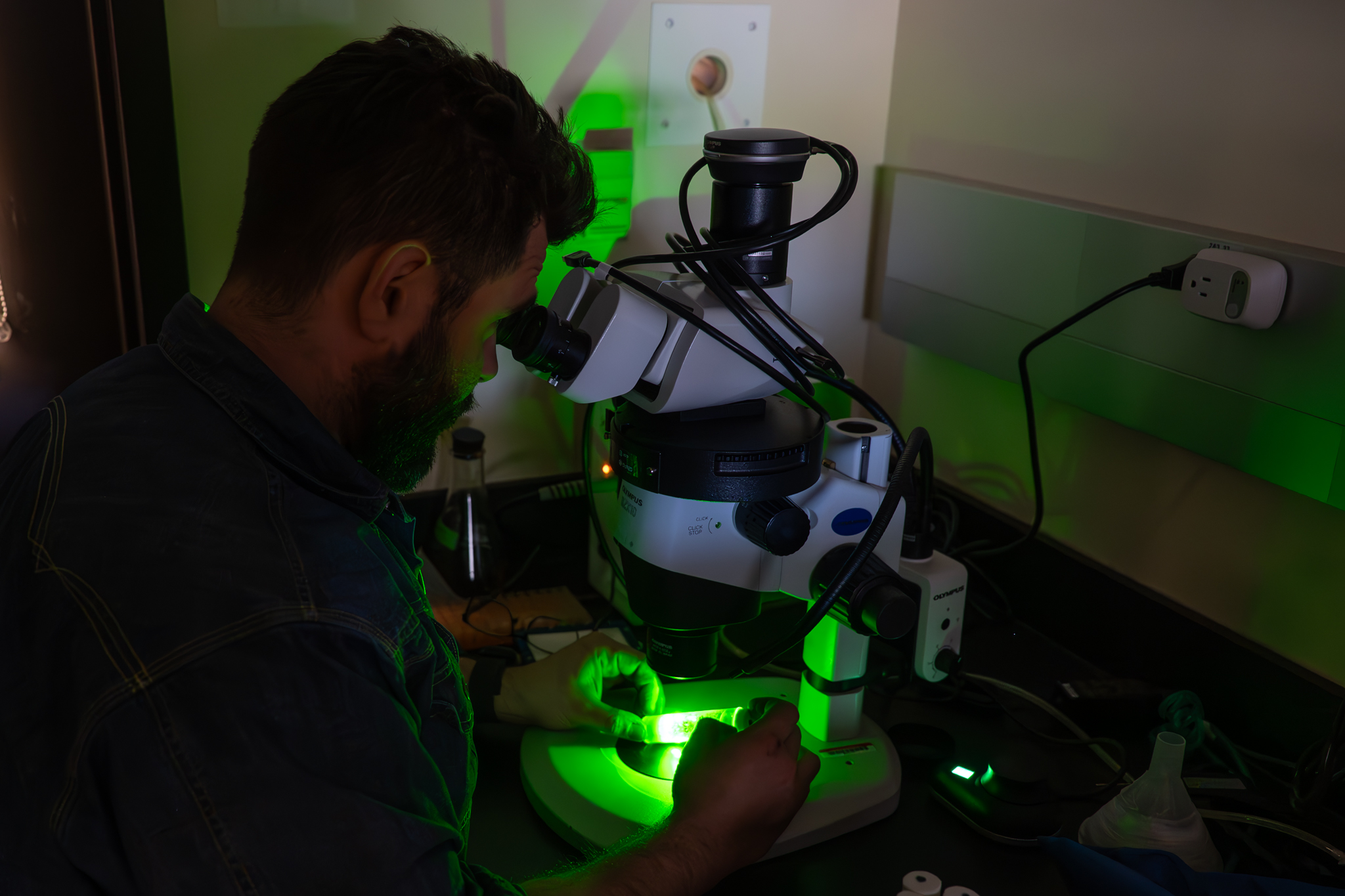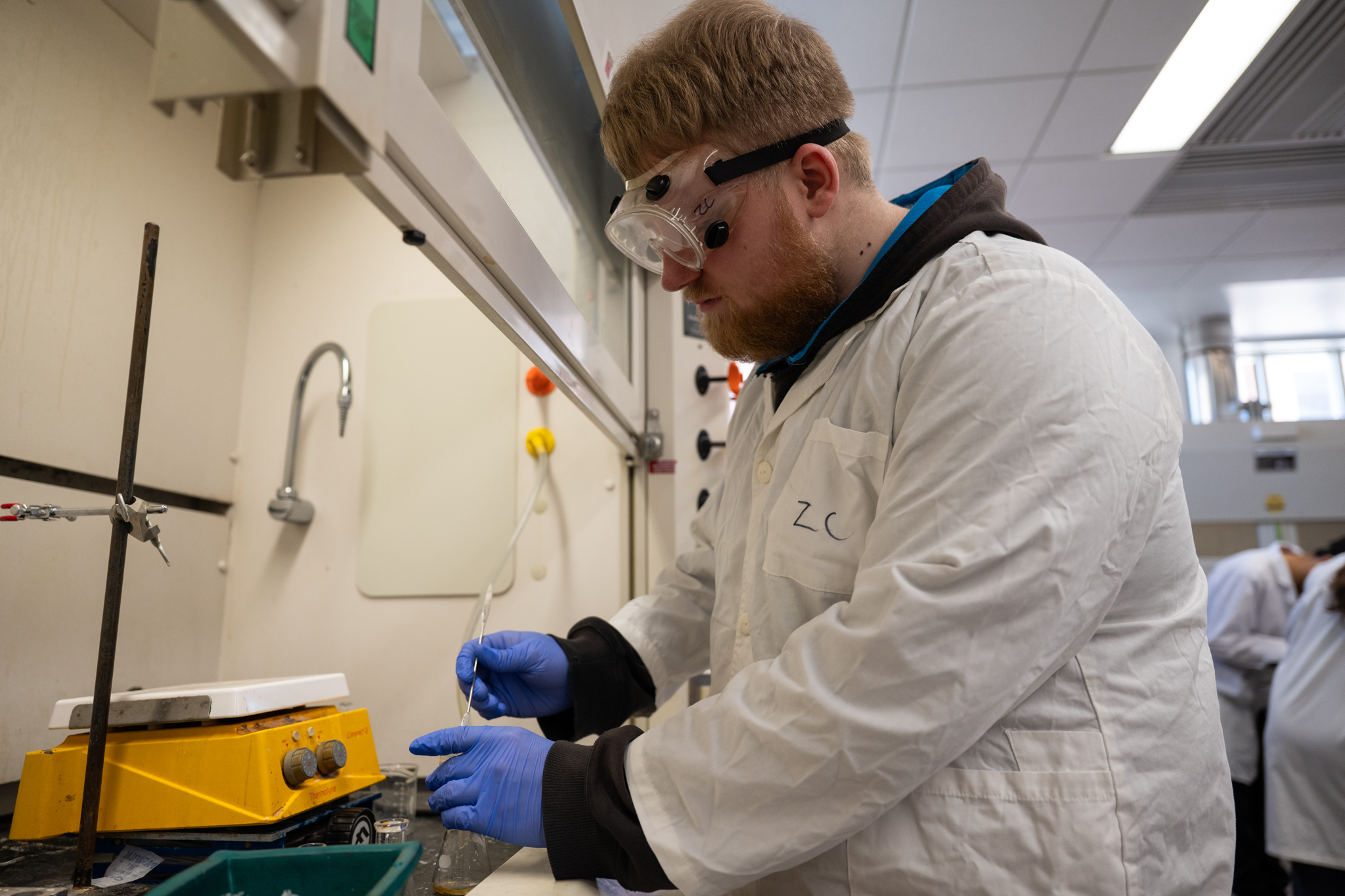The University of Maryland SGA approved an act to support undergraduate student research initiatives during its meeting Wednesday in an effort to counter U.S. President Donald Trump’s cuts to federal research funding, programs and staff.
The resolution, with 23 votes in favor and one abstention, comes after various federally funded research programs for undergraduate students were canceled or downsized. Several students at this university lost internship and job opportunities due to the Trump administration’s federal hiring freeze, The Diamondback previously reported.
“We’re an R-1 research institution,” the Student Government Association’s Oakland representative Benjamin Nathan, a co-sponsor of the bill, told The Diamondback. “A lot of people come here because of our research opportunities and … our close proximity to D.C.”
Wednesday’s resolution aims to promote research and internship-finding resources amid funding cuts, such as the Pathways to Science website, which keeps students updated on programs that are still accepting applications, Priya Tyagi, the bill’s primary sponsor and computer, mathematical and natural sciences college representative, said.
[UMD students lose internship, job opportunities after federal hiring freeze]
The National Institutes of Health’s summer internship program, which engages students with research and healthcare opportunities, was canceled after Trump ordered a 15 percent cap on indirect cost rates for NIH research grants on Feb. 7. This university currently charges the federal government 56 percent for indirect research costs, The Diamondback previously reported.
Indirect costs for research include those for equipment upgrades, facilities maintenance and personnel, according to NIH.
Three of the program’s campuses are located in Maryland, including its main campus in Bethesda, according to NIH’s website.
The National Science Foundation’s summer Research Experiences for Undergraduate Students program was also recently upended.
Many of the research program’s initiatives have been downsized because of government threats to NSF funding, NPR reported in January.
The research experience programs largely work with undergraduate students from research-lacking universities and underrepresented groups, according to Tyagi.
The program funds students’ travel, room and board and allows them to conduct STEM research with a stipend. Government investments in undergraduate research can also boost a student’s chances of continuing in research fields after graduating, an NIH study on the program’s impacts found.
The cancellation of programs, such as the NSF’s research experiences, is what inspired Tyagi, a freshman cell biology and genetics major involved with research at this university, to write the resolution, she said.
“It’s just been really devastating,” she said. “The scientific workforce, it quite literally needs diversity, because without diversity in the scientific workforce, clinical and social research would basically be invalid.”
[UMD SGA will no longer hold referendum on Metro discount program after presidential veto]
The resolution also endorses online databases and resources created by the university’s undergraduate research office, including a course on ELMS, its ForagerOne website and a guide to contacting faculty for research.
“Our nation is known, like across the world, as a nation of science and technology,” Nathan, a sophomore computer science major, said. “Whether or not the current administration values that, the students on our campus do, and so we need to be able to support those students.”
Through the undergraduate research office’s ForagerOne website, students can explore and apply for campus-based research opportunities. The site analyzes students’ research interests and matches them with campus partners, according to the undergraduate research office’s website.

SGA will also endorse the office’s Undergraduate Research Opportunities and Competencies course. The course provides students with “essential research skills and information to prepare [them] to take on undergraduate research,” according to its website.
Students can enroll in the course through the undergraduate research office’s website and work through its four modules on ELMS at any time, according to the course’s website.
The final resource listed in the resolution — the office’s guide to contacting faculty for research — contains links to research events, programs and opportunities available to undergraduates. According to the office’s website, the services include summer internships and semester-long courses.
The resolution also said SGA will promote the Biological Sciences Opportunity Portal, a database created by the biological sciences undergraduate program for students to search for on and off-campus internship, research and scholarship opportunities..
This university declined The Diamondback’s request for a comment on the resolution.
SGA executive vice president Saili Khorjekar said the resolution is important because undergraduate research supports the future.
“Everybody always says ‘we’re the new generation, the next generation,’” the junior public health science major said. “So if we start now, we can keep building that in the future.”






